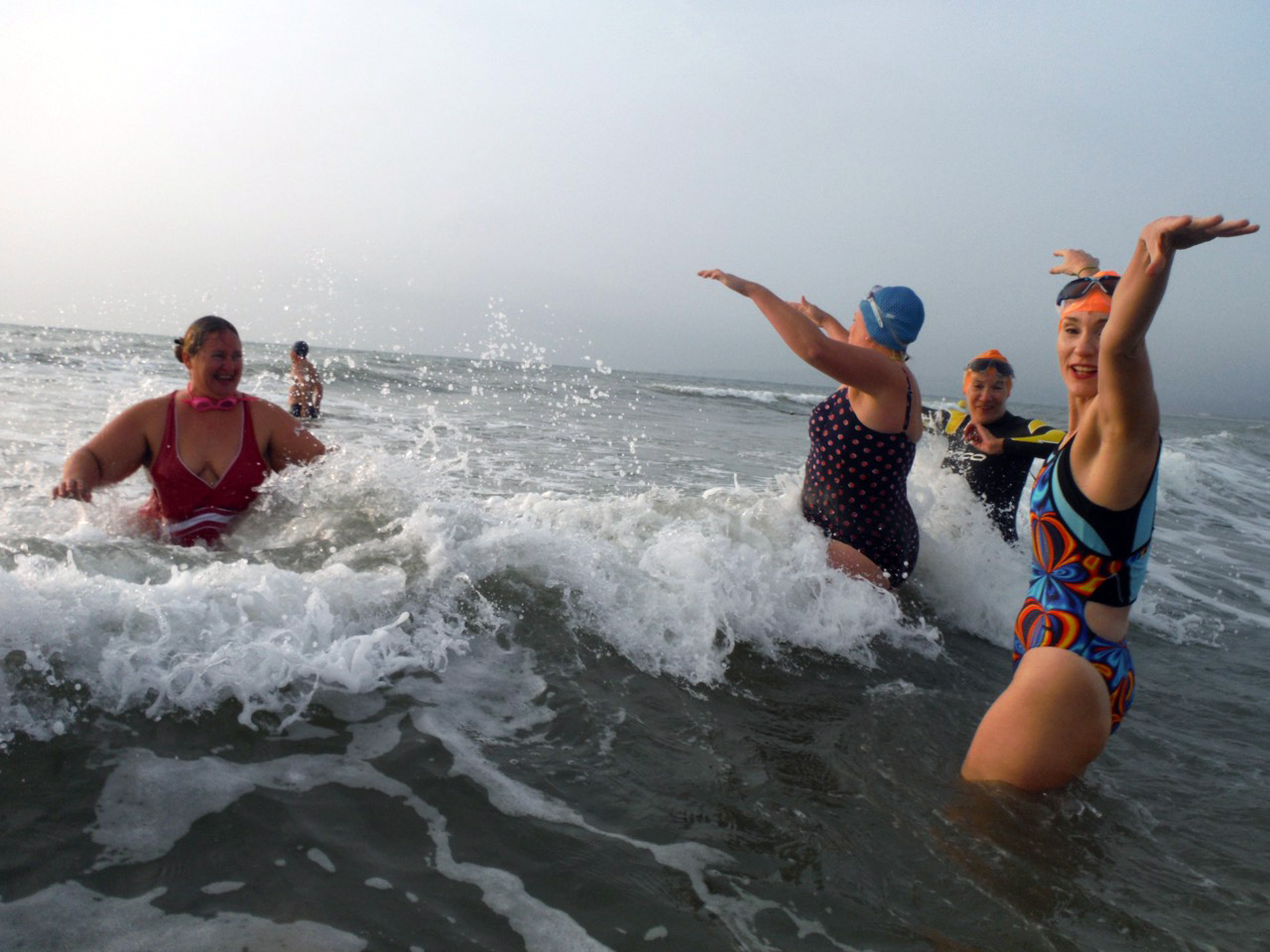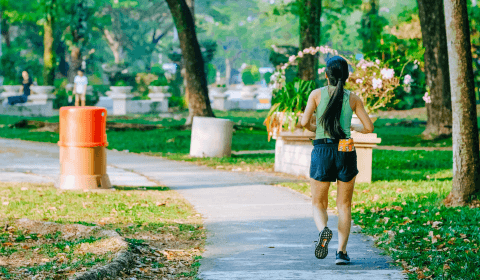Scientists in the UK have launched a study examining how immersion in cold, open water could work as an alternative option to medication for people with depression.
If you’ve even a rudimentary understanding of mental health, likelihood is you’re familiar to the concept of going for walks to improve your wellbeing.
Often recommended by medical professionals thanks to a strong body of evidence verifying the health benefits of connecting with nature, this form of therapy has really been taking off lately.
So much so, in fact, that earlier this year doctors in Canada were granted permission to prescribe patients a free year-long pass to the country’s national parks in the hope it would boost international recognition of the mood-lifting power of the great outdoors.
Several months later and this notion appears to have made its way across the Atlantic Ocean. Scientists in the UK have begun examining how swimming in cold, open water could work as an alternative option to medication for people with depression.

The study, which is being conducted by experts at the university of Portsmouth and the Sussex Partnership NHS Foundation Trust, seeks to identify how ‘ecotherapy’ – therapeutic intervention through nature – could potentially replace antidepressants.
It comes as professionals re-examine their understanding of certain psychological conditions following research to suggest that the mechanics behind how they operate may be incorrect.
‘Funded by the National Institute for Health and Care Research (NIHR), the study will provide preliminary support for using outdoor swimming as an alternative to antidepressants or talking therapies,’ says professor of Sport, Health, and Exercise Science Dr Heather Massey, who is commanding the investigation.
‘In this new study we are looking at outdoor swimming as part of social prescribing, which looks to support members of the community who are self-referred or referred by a number of professional organisations to community activities that will support them. It’s a step up in terms of scientific rigour.’






















